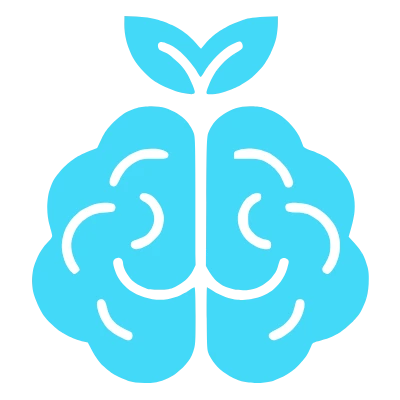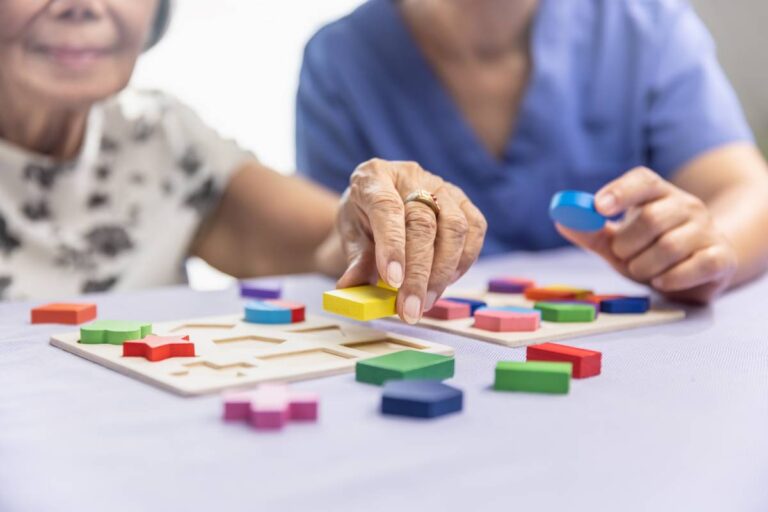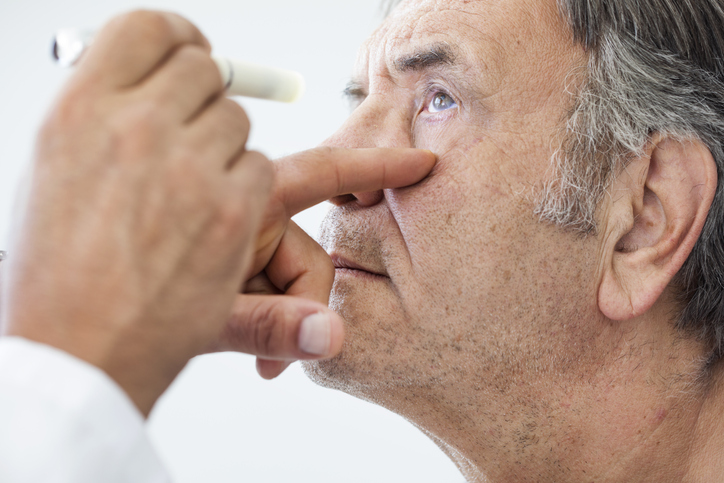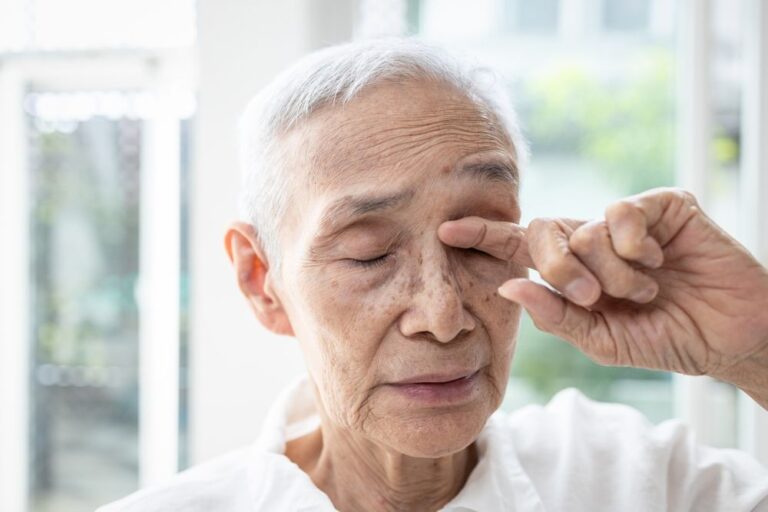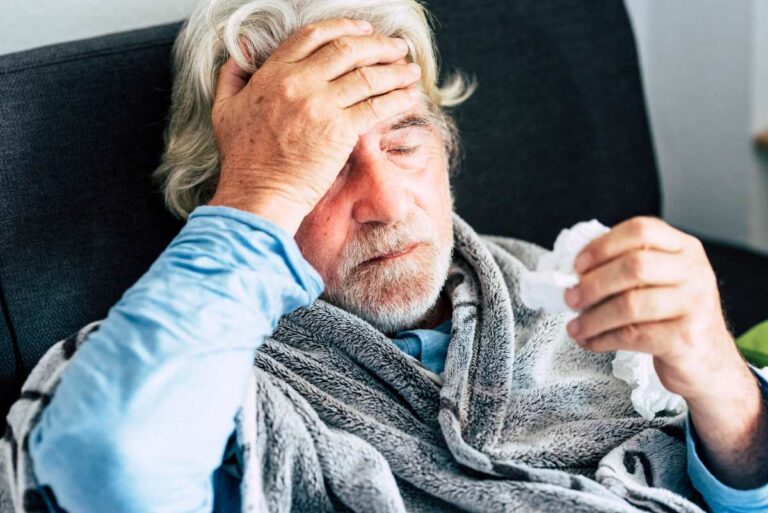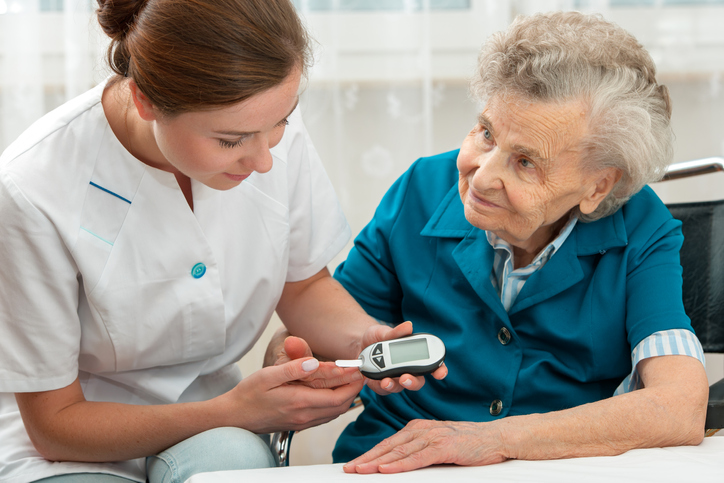When an older person experiences episodes of disorientation, whether due to medical conditions, dementia or other circumstances, it can be a confusing and worrying experience for both them and their loved ones. It is important to provide them with support and understanding during these times. In this article, we will explore practical and compassionate tips to help a disoriented older person, promoting their safety, comfort and general well-being.
What to do when an older adult is disoriented?
When an older adult is disoriented, it is important to stay calm and provide support. First, make sure it is in a safe and hazard-free environment. Try to communicate clearly and simply, using understandable language and gestures. Provides visual and auditory reminders to help them stay oriented to time and daily tasks. It encourages a structured, familiar routine, and offers emotional and social support. If disorientation persists or is worrying, seek advice from a health professional specialized in care of individual elderly people. Remember that each case is unique, so it is important toadapt the strategies according to the individual needs of the older adult.

- Stay calm and patient: Above all, it is essential to remain calm and patient when an older person is disoriented. Avoid showing frustration or anger, as this can increase their anxiety. Instead, maintain a calm, kind tone of voice, and provide a safe and comforting environment.
- Create a familiar and structured environment: A routine and structured environment can help disoriented seniors feel more secure and oriented. Maintain a consistent daily routine, with times for meals, rest and activities. Additionally, organize the environment so that it is familiar and easy to navigate, with labels or visual cues to help the person recognize important rooms and objects.
- Provide visual and auditory reminders: Using visual and auditory reminders can be a great help for a disoriented senior. Use large, clear calendars to mark important dates and events, and set clocks and alarms with auditory reminders for daily tasks, such as taking medications. These reminders will help you stay in the present and remember important activities and responsibilities.
- Communicate clearly and simply: When communicating with a disoriented elderly person, use clear, simple and understandable language. Avoid complicated phrases or open questions that may cause confusion. It is also useful to use gestures, signs or images to support verbal communication, which will facilitate understanding and interaction.
- Provide emotional and social support: Disoriented seniors may experience feelings of confusion, fear or frustration. It is important to offer them emotional and social support during these difficult times. Listen empathetically, validate their feelings, and offer words of encouragement. Additionally, encourages participation in social and recreational activities, as interaction with others can help reduce disorientation and improve mood.
- Improve safety at home: To ensure the safety of a disoriented senior, you need to take additional measures at home. Make sure dangerous areas are blocked or supervised, such as stairs or areas with sharp objects. Additionally, use security devices, such as security locks on doors and windows, to prevent the person from leaving the home unsupervised.
- Seek professional support: If an older person’s disorientation is recurrent or related to a medical condition, it is important to seek professional support. Consult a doctor or geriatric specialist to obtain a proper diagnosis and discuss treatment or management options.
How to stimulate the mind of an older adult?
To stimulate the mind of an older adult, you can follow some strategies. Encouraging the reading of books, magazines or newspapers helps keep cognitive abilities active. Solving crossword puzzles, riddles or memory games is also beneficial. Participating in social activities, such as discussion groups or book clubs, stimulates critical thinking and promotes the exchange of ideas. Performing mental exercises, such as learning a new language or skill, challenges the brain and improves its agility. Finally, maintaining an active and healthy life through a balanced diet and physical exercise contributes to general well-being and cognitive functioning.
Feeling accompanied and loved is vital to stimulate the minds of both older people and those who are not so old. For this reason, we proactively recommend that our seniors try to be alone for as little time as possible, either in the company of their family or friends or accompanied by specialized personnel.
